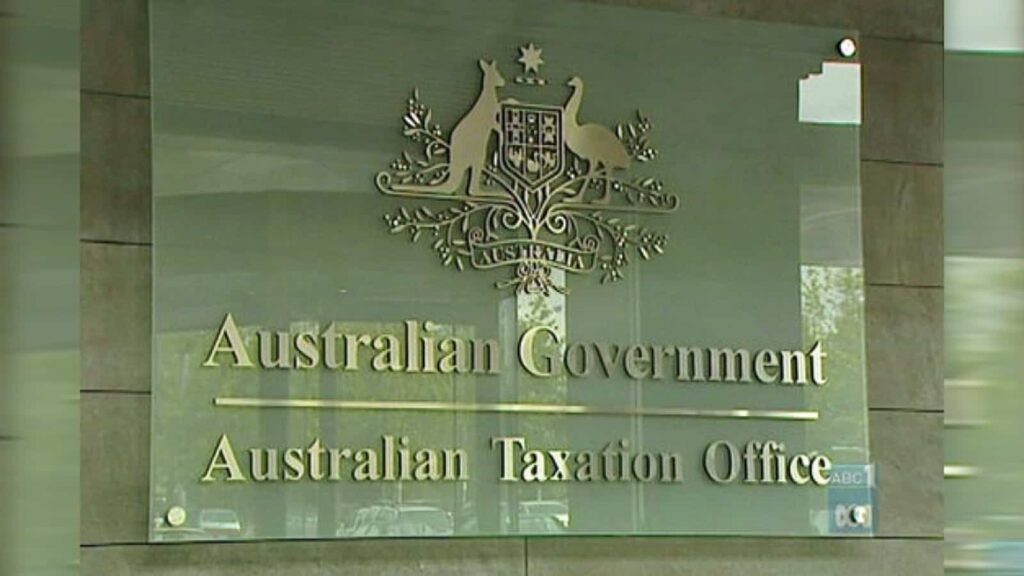To simply put, zero-based budgeting is a strategic budgeting approach that mandates a fresh evaluation of all expenses during each budgeting cycle.
Zero-Based Budget Explained
With zero-based budgeting (ZBB), as opposed to starting with the prior budget and making necessary adjustments, all costs for a new period or year must be justified from the beginning.
ZBB is a very useful business-planning tool that may assist a firm in regulating expenditures, finding and removing wasteful expenses, and concentrating on profitable projects.
To find out more about this check out my article about the Zero-Based Budget Method
So now what a Zero-Based Budget is let us see why it is important to use.
Why Zero-Based Budget is Important
The zero-based budgeting is a very good form of budgeting and I would recommend it due to these reasons:
Your comprehension of your financial situation improves.
Because of its in-depth nature, you will also need to determine which discretionary expenses are truly important to you and which ones you can live without. You may find, for example, that you have been paying inadvertently for several streaming services or an outdated membership that you aren’t utilizing when you go through your spending.
Also, you’ll have to schedule your treats, which will help you resist making impulsive purchases. At the start of each month, you will make decisions about how many meals you will eat out, what entertainment you will buy, and what clothes you will buy.
All of this equips you with the strategy you need to stay away from overextending both your finances and yourself.
It acts as a safety net against unanticipated costs.
The zero-based budgeting approach automatically includes your emergency reserve. You are committing to setting aside a percentage of your monthly salary in an emergency fund for the inevitable time when something unexpected comes up, rather than waiting for a financial curveball to hit you and then having to scramble to meet the costs.
It provides you with a thorough overview of your real expenditures.
You can identify areas where you could be overspending or underspending more easily when you allocate a dollar to each category in which you spend money. Maybe you spend a lot of money on eating out every month, and you could use half of that money for an additional credit card payment.
You have much flexibility and adaptability.
Conventional budgeting methods frequently depend on past performance information and small, gradual modifications. ZBB, however, is not constrained by previous expenditure trends.
It makes it possible to adjust to new possibilities, priorities, and changing conditions more effectively. Zero-based budgeting encourages resource allocation agility, allowing businesses to adapt successfully to changing market conditions.
Anybody can succeed with a zero-based budget. It becomes much more difficult to lose track of your spending if you assign each pound a defined purpose by classifying it into your many spending categories. You’ll also get some very helpful insights into where and what your money is spent.
If you have any questions about this article kindly, leave them in the comment section and I will gladly answer them for you.




